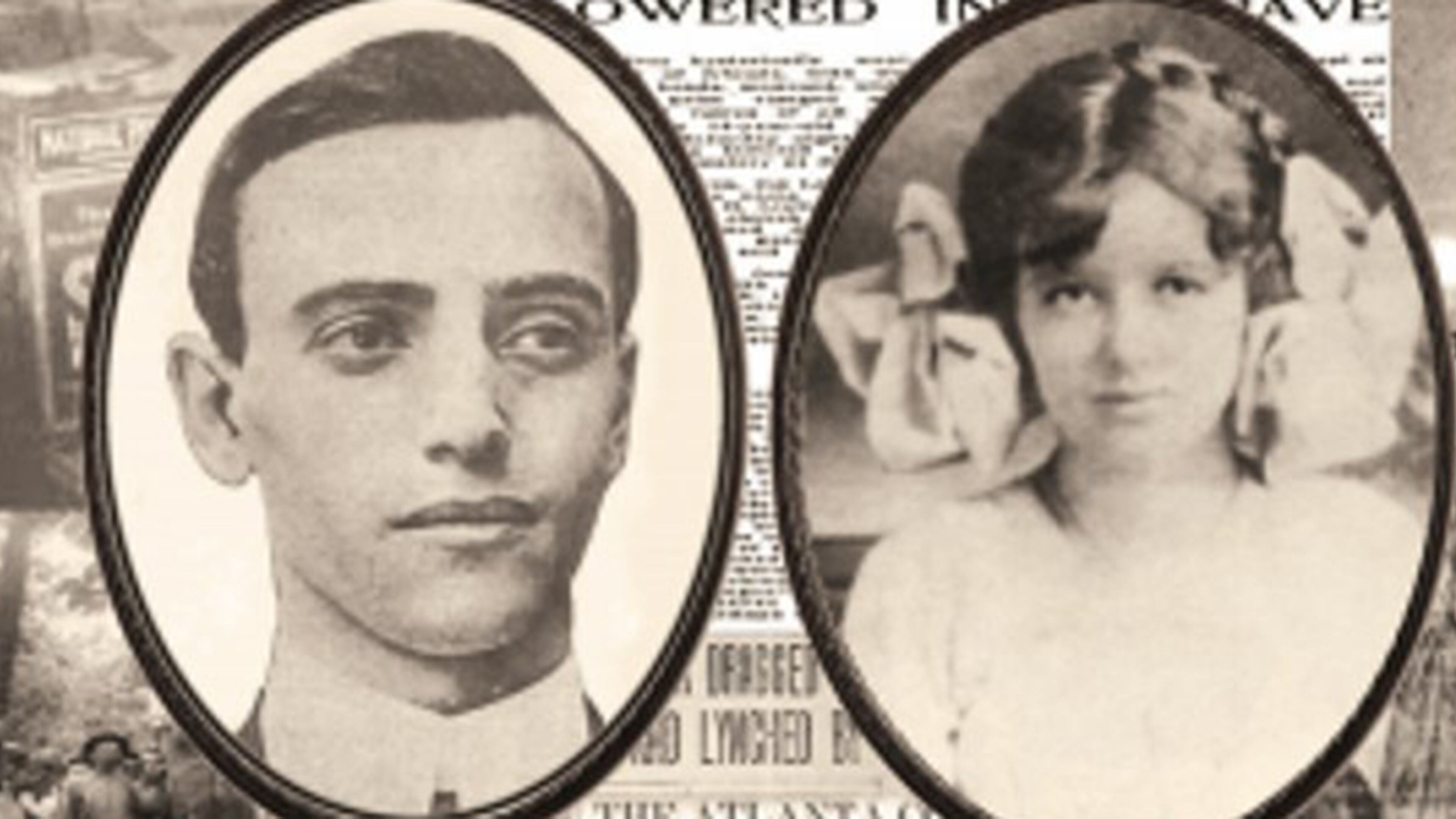Leo Frank case relevant to all of us

As director of Atlanta’s only Jewish museum, I can say that people are often surprised when I tell them nearly 85 percent of our visitors are not Jewish. In a similar fashion, many people believe the story of Leo Frank, one of our country’s most notorious examples of anti-Semitism, is of interest only to Jews. The truth is, the events of Frank’s case 100 years ago are a benchmark — a point in history we can look to, to determine how far Americans have come as a society.
The Breman Museum, one of the largest repositories of primary material related to Frank case, curated a comprehensive and balanced exhibition exploring the murders of Mary Phagan and Leo Frank. It will be on view at the Southern Museum in Kennesaw from Monday through Nov. 29. This exhibition is an opportunity for visitors to not only learn the facts surrounding the case, but to consider how accepting we have become toward cultures different from our own in the last 10 decades.
With news of Ferguson, Cincinnati, Charleston and Baltimore, our country is racially and ethnically charged. Last year, the Anti-Defamation League reported a 20 percent increase in acts of anti-Semitic vandalism, assaults and harassment in the U.S. While public lynching thankfully no longer takes place, the Internet has become a new forum for lynching.
Type “Leo Frank” into a search engine, and you are presented with a number of sites that purport to be research libraries or scholarly magazines on the subject. In reality, these hate sites distort and propagandize history with photos of the lynch mob described as “a committee of 28 responsible citizens” who brought to justice “the Jew criminal and pervert Leo Frank.”
One hundred years after the Aug. 17, 1915 lynching of Leo Frank, the Southern Poverty Law Center reports Georgia is home to more than 20 neo-Nazi, white supremacist, black separatist, anti-Muslim and anti-LBGT groups that fight to further divide the people of our state with organized bigotry. We must do better.
Consequently, “Seeking Justice: The Leo Frank Case Revisited” becomes more relevant to a broader audience when we compare the activities of a mob in 1915 and the acts of racism, anti-Semitism, discrimination and violence taking place today. Our hope is that when people visit the exhibition or participate in any of the upcoming programs — hosted by the Southern Museum, Kennesaw State University and the Breman — they will begin to ask themselves two critical questions: “How far have we come?” and “How is this story pertinent to me?”
We applaud the Southern Museum, the city of Kennesaw and former Gov. Roy Barnes for their leadership and for hosting this exhibition just minutes away from the lynch site. Their courage allows us to celebrate the advances in tolerance we have made over the last 100 years and face the challenges that still lie ahead for all of us.
Aaron Berger is executive director of the William Breman Jewish Heritage Museum.


